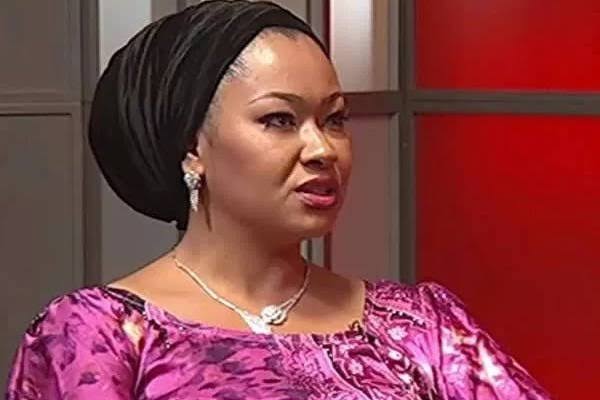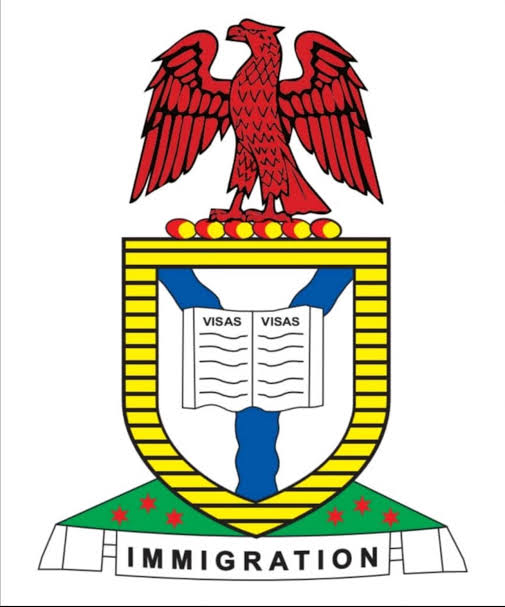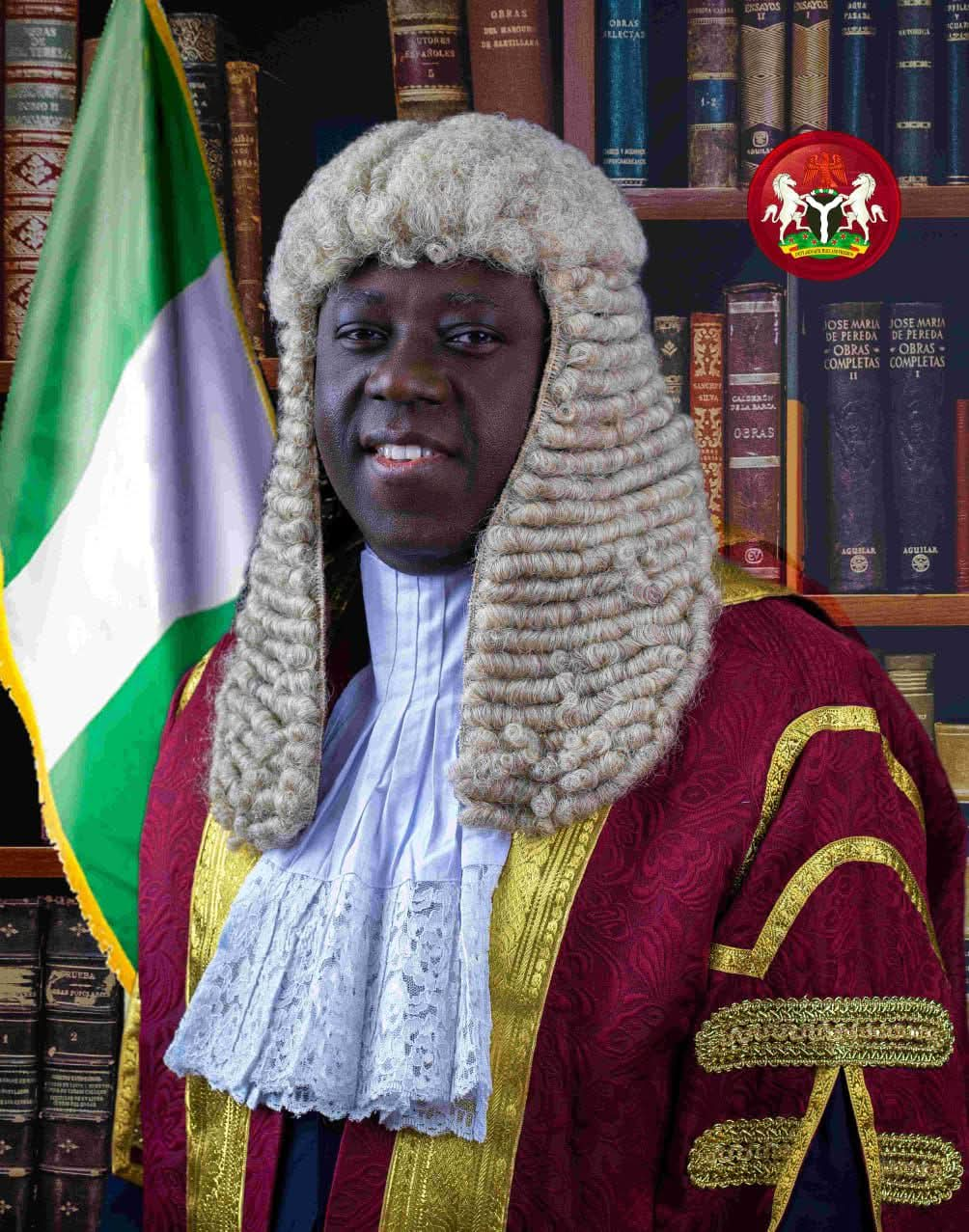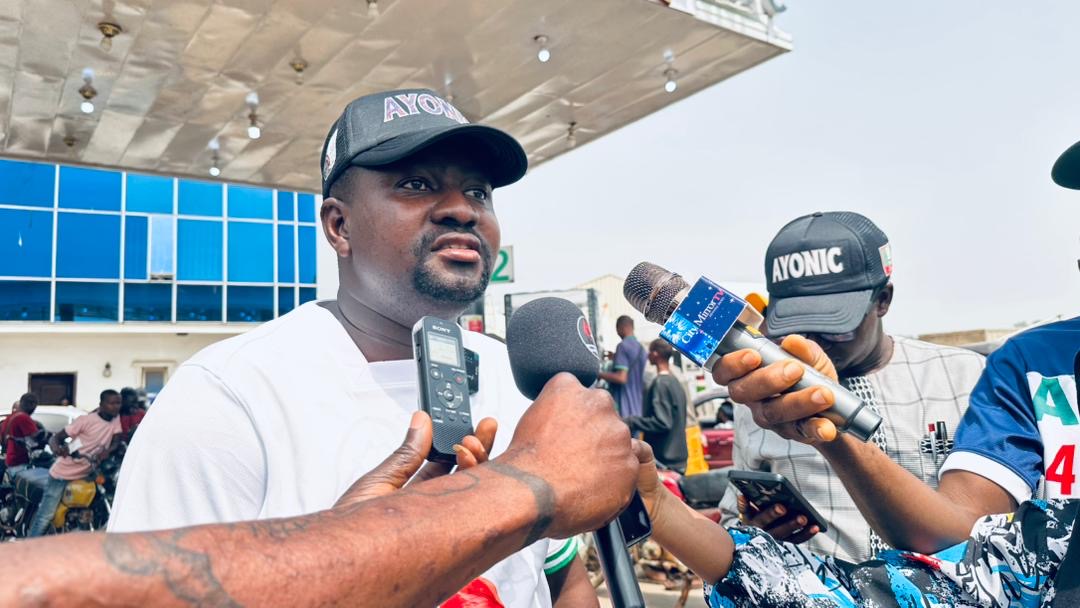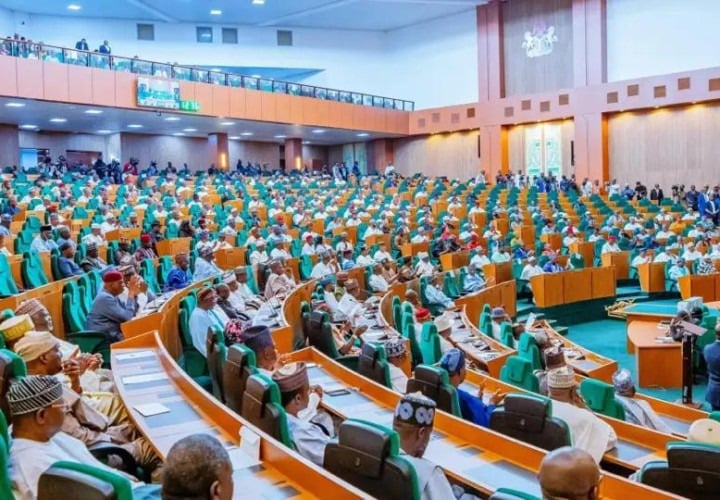Nigeria’s foreign reserves has been depleted by $544.94m between July 1 and August 13 as shown by latest figures from the Central Bank of Nigeria.
The country’s reserves which was at $36.17bn on July 1 fell to $35.52bn as at last Thursday.
The CBN had said during the last Monetary Policy Committee meeting that the country’s exchange rate was still being affected by volatility in crude oil prices.
It stated that the volatile nature of oil prices would continue to have implications for the country’s macroeconomic aggregates.
The MPC stated that these included domestic revenue, foreign exchange earnings, exchange rate development, price formation, capital inflows, external reserves, and balance of payments position.
According to the MPC, the impact of continued lockdown of major economies and restrictions on travel and trade will continue to be felt by the Nigerian economy through the short supply of essential imports; rise in inflation through high import prices and exchange rate depreciation; and impact of continued uncertainties and volatility of the oil market on macroeconomic stability.
The CBN, in its first-quarter economic report, entitled ‘Gross official external reserves,’ said the gross external reserves fell in the first quarter of 2020.
It stated that gross external reserves were $33.69bn at the end of March 2020.
This indicated a net decrease of 11.6 per cent, compared with the level in the fourth quarter of 2019.
The external reserves position would cover 4.5 months of import of goods and services or 7.3 months of import of goods only, based on the estimated value of imports for the first quarter of 2020.
A breakdown of the external reserves by ownership showed that the share of federation reserves was $0.32bn (0.9 per cent); Federal Government reserves, $5.85bn (17.4 per cent); and the CBN reserves, $27.52bn (81.7 per cent) of the total figure.
The CBN Governor, Mr Gbodwin Emefiele last week warned the government to urgently reduce its excessive dependence on oil revenue, calling for a gradual diversification of economy and improvement on tax collection.
He said headwinds to growth remained the legacy issues of persistent infrastructural and security challenges.
“Central to the committee’s considerations were the impact of the COVID-19 pandemic, the oil price shock and the likely short- to medium-term consequences on the Nigerian economy,” he said.
Emefiele added that the committee acknowledged the gradual improvement in macroeconomic variables, particularly the improvement in the equities market, the containment measures of the COVID-19-induced health crisis and the impact of the increase in crude oil price on the external reserves.
Advertisement
